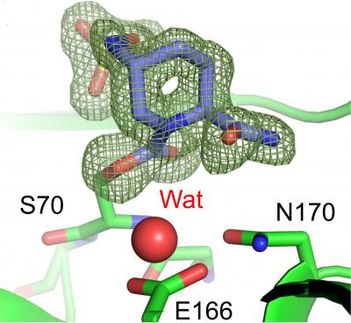Novexel Starts Phase II Clinical Trial with NXL103 in Adults with Acute Bacterial Skin and Skin Structure Infections (ABSSSI)
Advertisement
Novexel announced that its most advanced oral antibacterial NXL103 (flopristin/linopristin), has started a Phase II clinical trial in adults with acute bacterial skin and skin structure infections (ABSSSI). The trial is designed to assess the safety and efficacy of NXL103 in comparison to oral linezolid (Zyvox, Pfizer NYSE:PFE).
The comparative Phase II trial with NXL103 is a prospective, multicenter, investigator-blinded, two-arm, parallel group study carried out in adults, either in hospital or as outpatients, with ABSSSI. Patients will be randomized to receive either NXL103 (500 mg twice a day) or linezolid (600mg twice a day), with 120 patients receiving NXL103 and 60 receiving linezolid. The treatment period in both study arms will be between 10 and 14 days.
The primary endpoint of the study is the clinical outcome in the clinically evaluable population at the Test of Cure (TOC) visit (7 days post-therapy). Secondary end points of the study include microbiological response at the TOC visit as well as evaluating the tolerability and safety of NXL103.
This comparative Phase II study is expected to recruit a total of 180 patients from approximately 20 sites in the USA and Central America. The study is expected to be completed in 2010 and is a critical part of Novexel’s clinical development plan for NXL103 which is focused on its potential to be used in hospitals and out-patients as an oral agent for the treatment of infections caused by Gram-positive organisms, including MRSA. Currently, physicians have a limited choice of anti-MRSA antibacterials when they wish to switch from intravenous (IV) to oral treatment, a key step prior to a patient being able to be discharged from the hospital.
NXL103, as a member of the Streptogramin class of antibiotics, has a unique mode of action, with its two components acting synergistically to inhibit the bacterial ribosome. Its spectrum of activity indicates its potential to be effective in the treatment of ABSSSI, including those caused by resistant pathogens such as MRSA.















































